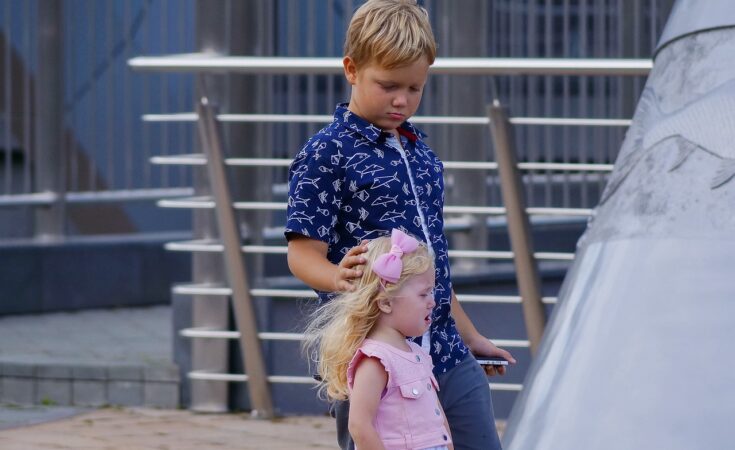Introduction
One of the most intricate and delicate challenges that parents, educators, and psychologists face is managing difficult behaviors in children. These behaviors can take various forms, such as opposition, aggression, anxiety, or even social withdrawal. However, behind each difficult behavior lies a core element from childhood that can play a crucial role in understanding and addressing the issue. By delving into the intricacies of a child’s development and experiences, it is possible to unveil hidden origins of these behaviors and provide more effective solutions.
Childhood as the Backdrop
Childhood is a period of vulnerability and rapid growth, where experiences and interactions shape an individual’s personality and behavior. Psychologists agree that the early years of life play a vital role in forming later behavioral patterns. Thus, to comprehend the roots of challenging behaviors, it is necessary to examine a child’s experiences during this critical period.
The Role of Attachment
Attachment between a child and their caregivers, typically parents, is a fundamental factor that can influence behavior. Negative experiences such as early attachment disruptions or interactions marked by emotional insecurity can give rise to behavioral issues. Children who haven’t developed a sense of emotional security may adopt defensive behaviors like opposition or aggression to protect themselves from situations they perceive as threatening.
Traumatic Experiences
Traumatic experiences, whether physical, emotional, or psychological, can leave a profound imprint on a child’s development. Children who have undergone traumatic events such as parental divorce, domestic violence, loss, or abuse may exhibit challenging behaviors as a response to their inner distress. These behaviors can serve as coping mechanisms to deal with feelings of helplessness and fear.
The Role of the Environment
The environment in which a child grows also plays a pivotal role in shaping behavior. An unstable environment marked by stress, conflict, or lack of support can contribute to the emergence of challenging behaviors. Children may express their distress by adopting externalized behaviors like aggression or internalized behaviors such as anxiety.
Toward Compassionate Resolution
Understanding the core of challenging children is not about blaming parents or the environment but about identifying factors that contributed to the development of problematic behaviors. Through empathetic and compassionate approaches, adults can help children better understand and manage their emotions. Therapies such as family therapy, play therapy, or cognitive-behavioral therapy can play a pivotal role in addressing underlying issues.
Conclusion
The quest for the core of challenging behaviors in children is a complex journey into the heart of childhood and its formative experiences. By exploring the connections between attachment, traumatic experiences, and the environment, it becomes possible to shed light on the shadows surrounding these behaviors. Embracing a comprehensive and empathetic approach, adults can pave the way for healing and growth in children, while laying the foundation for a more compassionate and enlightened society.



































